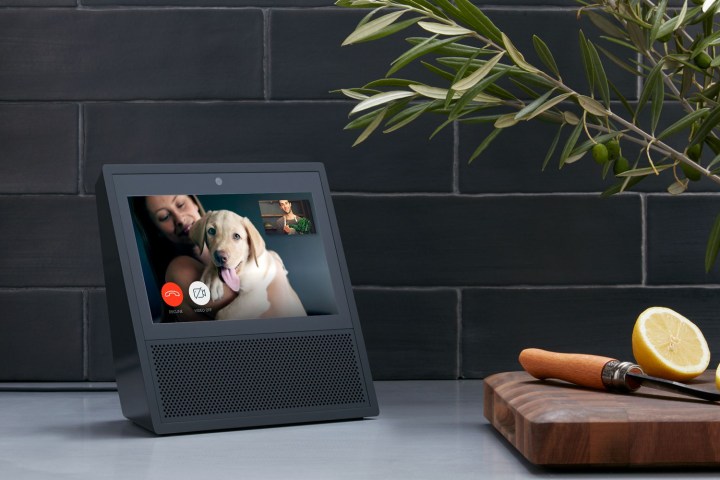
So just how difficult is it to develop an Alexa skill? The answer depends largely on the type of skill in question. For example, Flash Briefings, which comprise 20 percent of her skills (at least in the United States), are said to be “among the easiest to develop.” For example, media outlets like The Wall Street Journal, NPR, and Washington Post, can easily deliver news and other popular content to readers and listeners via Alexa. While these skills may be easy to develop, they’re slowly becoming less ubiquitous as more customized skills gain in popularity.
Regardless of the sort of skills available to Alexa, one thing is certain — Amazon’s virtual assistant is far and away the leader among its competitors. Google’s skill equivalents, known as Voice Apps, number only 378. And while this is a 24 percent increase from the beginning of June, it still pales in comparison to Alexa. Microsoft, on the other hand, is even further behind, with just 65 skills. Sure, the number of things that a virtual assistant can do isn’t necessarily the only way to judge usefulness, but to say that Google Home and Microsoft are a bit more limited in functionality seems to be a fair assessment.
But even if we put raw numbers aside, the rate of growth exhibited by Amazon puts other smart home makers to shame. In June, Amazon Alexa added 2,776 new skills, while Google Assistant added just 74, and Microsoft Cortana added seven. That means that Alexa skill growth was actually 37 times that of Google Assistant.
“When your base gets larger it is hard to maintain high growth rates, but Amazon has done it,” Voicebot concluded. “Neither Google nor Microsoft seems to have effectively activated their developer communities and generated excitement about voice. That could come later, but today it appears the are living off of developer enthusiasm about Alexa.”


